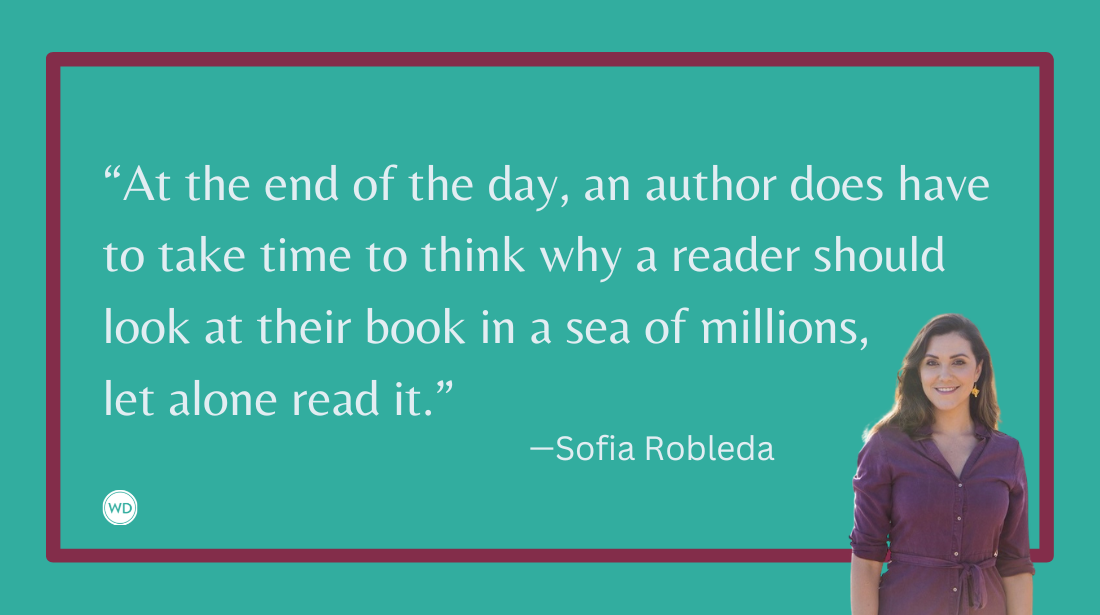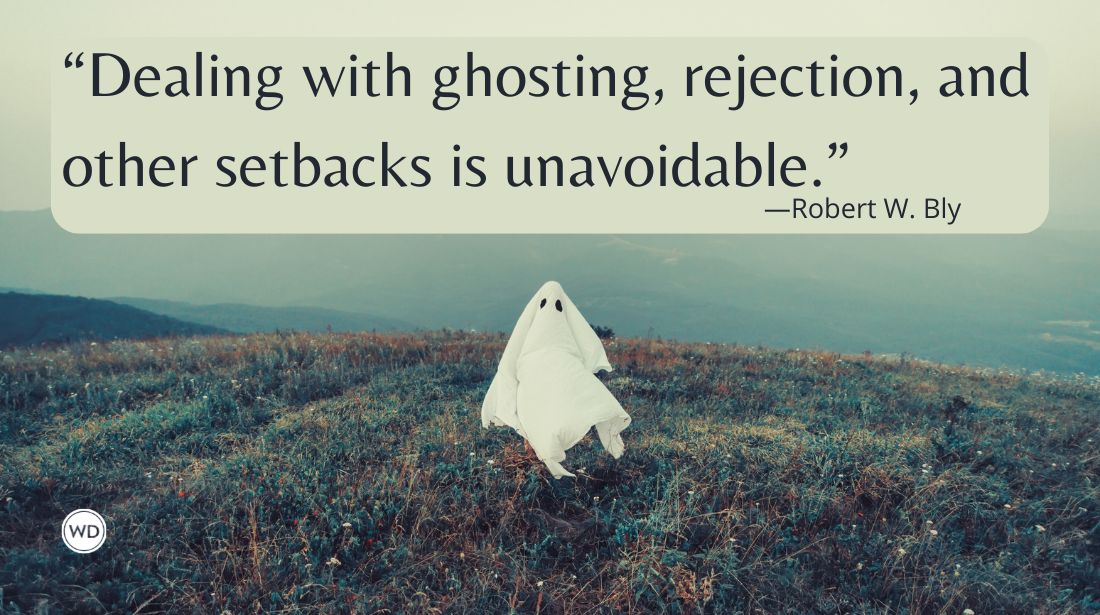From Historical Romance to Contemporary Fiction: Reinventing Your Writing Career Without Losing Readers
Bestselling author Julia London discusses the necessity of writers reinventing themselves over a writing career and how to make it work.
Many years ago, a publisher told me that it took 10 books before she knew if an author would “make it” or not. That was a stunner—at the time, I’d written about five books over five years. In hindsight, I know her point was that it takes time and a body of work for an author to establish a reliable audience. While we may quibble over the number of books it takes, surprise, most authors are not the overnight successes you read about in the pages of glossy magazines. Most of us cobble together a career book by book and hope for the best.
I really wanted to make it as an author. I had quit the day job and figured okay, five more books to say I’d made it. What I did not know (let me be frank—I did not know a lot) was that “making it” would also require some reinvention along the way. Tastes and trends evolve and change. Authors must evolve and change, too. For example, when Outlander was first published in the early 90s, everyone and their mother was writing and publishing time-travel novels. But the reading public’s desire for time-travel dropped off after some years. Where are those authors now? I suspect they’ve re-invented themselves.
In the last 28 years, I’ve written 70-ish books, and I’ve had to reinvent my career more than once. Sometimes, I did it by choice. Other times, not so much. Remember historical romances? That’s where I got my start, back when that was the preferred romance sub-genre for the romance-reading public. Alas, that hasn’t been true in many years now. In fact, so many things have changed since my first book was released in 1998 that I am all astonishment I’ve made it this far. I’ve had to evolve and change and try new things, and I’ve managed, in part, due to a loyal fanbase.
Click to continue.
My agent once suggested that I understand what I do well as a writer and lean into it. One might think that’s obvious advice, but that was the first time that it occurred to me not all writing skills are the same. I’ve known authors who attempted to reinvent themselves into the sort of writer they were not, and with disastrous career consequences. For example, I would be terrible plotting a fast-paced thriller and should not decide one day that I am a thriller writer. I love reading them, but I never know who the bad guy is until the author tells me. I gasp at clues instead of thinking I knew that was going to happen. I’m a better reader than a writer of thrillers.
I took my agent’s advice and learned what I do well, then leaned into it. For me, it is character and a light voice. Readers may have come to me for the historical setting, but I think they stayed for the characters and the style in which I tell a story. A love story is a love story, whether set in the early 1800s or 2000s. It’s about the dynamics between men and women and the stupid things they do and say to each other. The setting may change with the centuries, but the stupid never does. I find it fun to write and my voice conveys it.
My first reinvention was transitioning from historical to contemporary romance. I traded castles for coveted real estate. Gowns for cool dresses. Horses for fast cars. But I was consistent in the type of characters I presented the reader—couples with flaws who could laugh at themselves and grow from it.
But what happens when there isn’t a fun romance for my characters to bounce off? I reinvented myself again to write general, commercial fiction. My topics are a bit heavier, and my characters face different obstacles than romance characters do. But I’m still writing the characters in a voice that readers have come to expect from me. My characters are still flawed, and they can see the humor in their situation and in each other. Emotions are less the falling-in-love giddiness and more of the everyday anxieties and happiness. But no dark dramas here—that is not who I am as a writer. I write with the hope of silver linings and situations readers can not only relate to, but see the humor in.
I’ve weathered some tough twists in the book market, and I’ve had the luxury of opportunity to write different genres of books. Readers will follow me if they can trust they’re getting what they expect in a Julia London book. I’ve made that pact with them—if they keep reading me, I will do my best to meet their expectations with a consistent voice and character.
I am eternally grateful for the patience and loyalty of many readers through the years. They are what have made my life possible and allowed me to “make it.”
Check out Julia London's Everything Is Probably Fine here:
(WD uses affiliate links)









